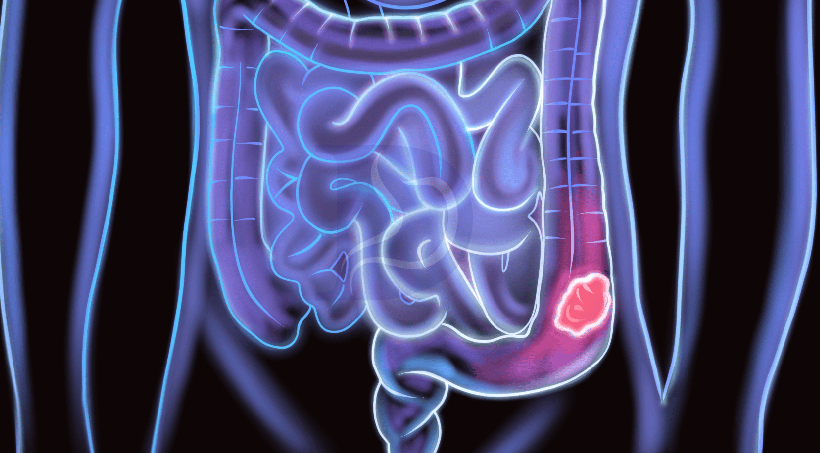- AK Superspeciality Clinic, Unit-208, Kul Scapes, Opposite to Reliance Mart, Tukaram Nagar, Kharadi
- +91 90960 45072

Definition: A diagnostic colonoscopy is an endoscopic procedure used to examine the inner lining of the colon (large intestine) and rectum for abnormalities. It helps diagnose conditions like colorectal cancer, polyps, diverticulosis, and inflammatory bowel disease.
Causes: Colonoscopy is indicated for various reasons, including:
- Screening for Colorectal Cancer: Especially in individuals over 50 or those with a family history.
- Investigating GI Symptoms: Persistent abdominal pain, rectal bleeding, unexplained weight loss, or changes in bowel habits.
- Monitoring Existing Conditions: Inflammatory bowel disease, previous polyps, or colorectal cancer.
Symptoms: Symptoms leading to a diagnostic colonoscopy include:
- Rectal bleeding.
- Persistent diarrhea or constipation.
- Unexplained abdominal pain.
- Blood in the stool.
- Unintended weight loss.
- Anemia.
Diagnosing: The colonoscopy itself serves as the diagnostic tool:
- Preparation: Bowel preparation with a special diet and laxatives to clear the colon.
- Procedure: A flexible tube (colonoscope) with a camera is inserted through the rectum to visualize the colon. Biopsies can be taken, and polyps can be removed if necessary.
- Recovery: Patients are monitored after the procedure until the sedative wears off, and can usually go home the same day.
Treatment Options: During the colonoscopy, several therapeutic interventions can be performed, such as:
- Polyp Removal: To prevent the development of colorectal cancer.
- Biopsies: Taken for further analysis if abnormalities are found.
Prevention Tips:
- Screening: Regular colonoscopies as recommended by healthcare providers.
- Diet: High-fiber diet, regular exercise, and avoiding smoking and excessive alcohol.
- Awareness: Pay attention to GI symptoms and seek medical advice if any changes occur.
Conclusion: Diagnostic colonoscopy is a crucial tool for early detection and treatment of various gastrointestinal conditions. Regular screenings can prevent colorectal cancer and other serious conditions by identifying and treating issues at an early stage.

